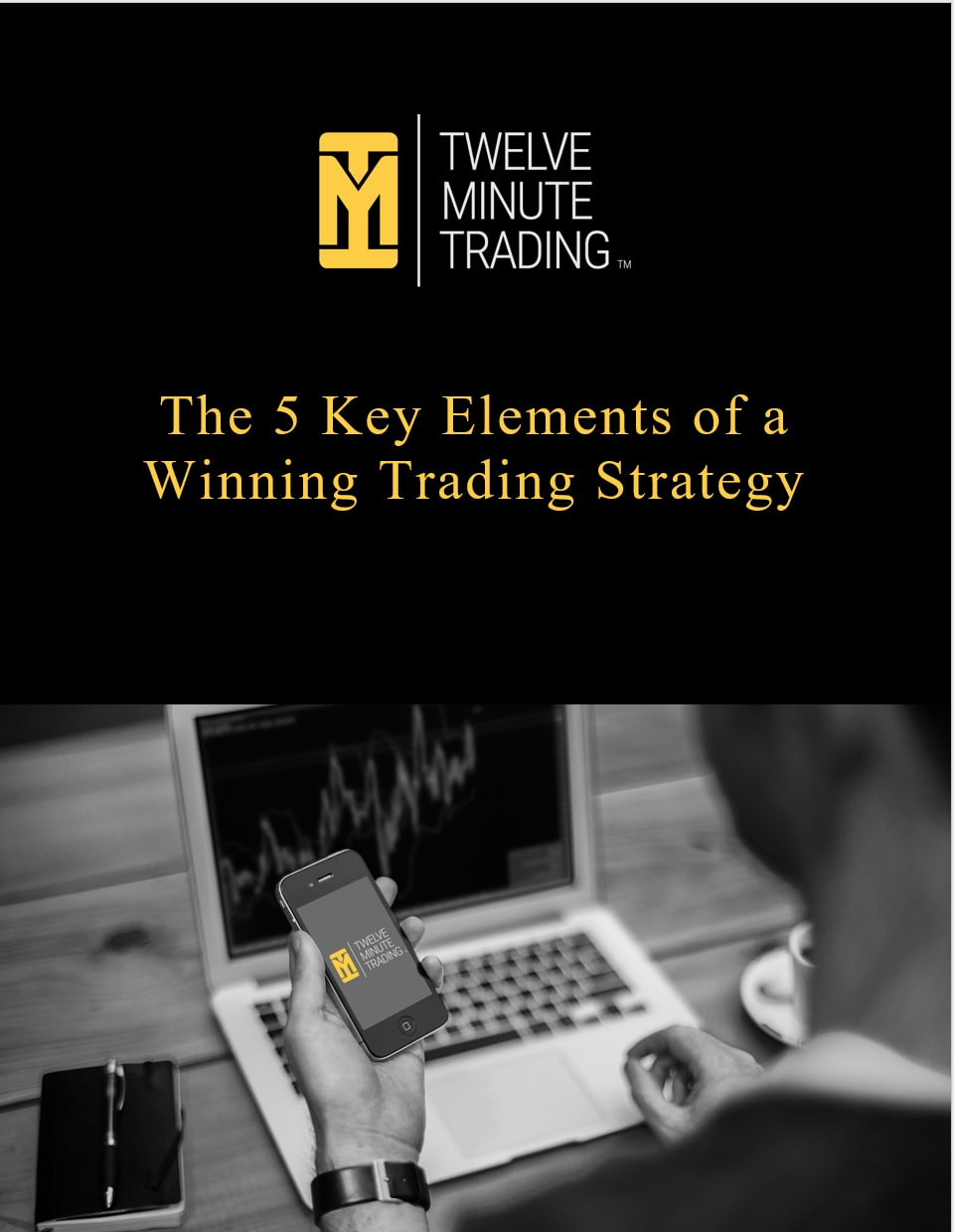|
I came across this great article from Tradeciety.com titled "Scientist Discovered Why Most Traders Lose Money" and it grabbed my attention. The conclusion of the article is not surprising and I've spent a lot of time over the years teaching students how to manage this one major area that drives the most loss. But, before I share more about, here are some eye-opening stats from the article:
Just understanding the pitfalls above and avoiding them can make a huge difference in your trading. But the biggest reason traders lose money is not any of the above. It is because they trade on emotion and do not have a solid ruleset and trading plan to keep them grounded. As I stated at the beginning of this article, I have spent years teaching students that the biggest obstacle to trading success lies between their ears. You must separate emotion and logic and have a tried, tested, and solid ruleset/process for you trading - and then you must be disciplined to follow it. That is how you keep emotions in check. And that is how you become a profitable trader and investor. Want to Learn How to Create Consistent Cashflow in the Markets? Click Below for a 2-Week Free Trial of 12 Minute Trading!
0 Comments
Leave a Reply. |
Get a 14-Day FREE Trial of 12 Minute Trading services!Archives
May 2024
Categories
All
Get Your FREE Copy of the 5 Key Elements E-Book! |
U.S. Government Required Disclaimer - Forex, futures, stock, and options trading is not appropriate for everyone. There is a substantial risk of loss associated with trading these markets. Losses can and will occur. No system, strategy, or methodology has ever been developed that can guarantee profits or ensure freedom from losses. No representation or implication is being made that using the 12 Minute Trading methodology or strategy or the information in this letter will generate profits or ensure freedom from losses.
HYPOTHETICAL OR SIMULATED PERFORMANCE RESULTS HAVE CERTAIN LIMITATIONS. UNLIKE AN ACTUAL PERFORMANCE RECORD, SIMULATED RESULTS DO NOT REPRESENT ACTUAL TRADING. ALSO, SINCE THE TRADES HAVE NOT BEEN EXECUTED, THE RESULTS MAY HAVE UNDER-OR-OVER COMPENSATED FOR THE IMPACT, IF ANY, OF CERTAIN MARKET FACTORS, SUCH AS LACK OF LIQUIDITY. SIMULATED TRADING PROGRAMS IN GENERAL ARE ALSO SUBJECT TO THE FACT THAT THEY ARE DESIGNED WITH THE BENEFIT OF HINDSIGHT. NO REPRESENTATION IS BEING MADE THAT ANY ACCOUNT WILL OR IS LIKELY TO ACHIEVE PROFIT OR LOSSES SIMILAR TO THOSE SHOWN.
© 12 Minute Trading 2024. ALL RIGHTS RESERVED.
Privacy Policy | Disclaimer and Legal Rights | Terms of Use | Earnings and Income Disclaimers
HYPOTHETICAL OR SIMULATED PERFORMANCE RESULTS HAVE CERTAIN LIMITATIONS. UNLIKE AN ACTUAL PERFORMANCE RECORD, SIMULATED RESULTS DO NOT REPRESENT ACTUAL TRADING. ALSO, SINCE THE TRADES HAVE NOT BEEN EXECUTED, THE RESULTS MAY HAVE UNDER-OR-OVER COMPENSATED FOR THE IMPACT, IF ANY, OF CERTAIN MARKET FACTORS, SUCH AS LACK OF LIQUIDITY. SIMULATED TRADING PROGRAMS IN GENERAL ARE ALSO SUBJECT TO THE FACT THAT THEY ARE DESIGNED WITH THE BENEFIT OF HINDSIGHT. NO REPRESENTATION IS BEING MADE THAT ANY ACCOUNT WILL OR IS LIKELY TO ACHIEVE PROFIT OR LOSSES SIMILAR TO THOSE SHOWN.
© 12 Minute Trading 2024. ALL RIGHTS RESERVED.
Privacy Policy | Disclaimer and Legal Rights | Terms of Use | Earnings and Income Disclaimers


 RSS Feed
RSS Feed
